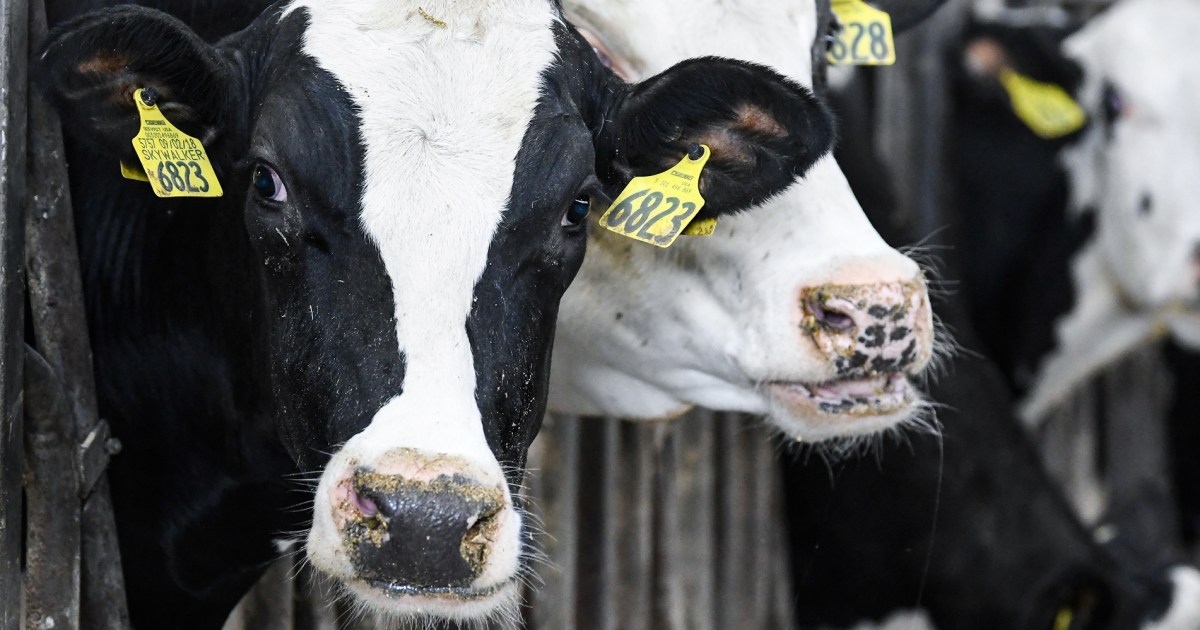Since the World Health Organization declared the coronavirus pandemic, the Centers for Disease Control and Prevention have released certain prevention measures, such as wearing a mask in public, washing hands frequently, and disinfecting surfaces that are touched. constantly and, now, they released the new rules when testing a person against SARS-CoV-2.
According to its official site, there are currently two types of tests available for COVID-19 : viral tests and antibody tests.
The viral test tells you if you have a current infection, while the antibody test could reveal whether you were infected in the past.
But what are the new rules when taking a test? Experts advise taking into account the following considerations.
1. People with symptoms of COVID-19.
2. People who have had close contact with someone with confirmed COVID-19. (Within six feet of an infected person, for at least 15 minutes).
3. People your doctor has asked to be tested.
In this way, they point out that not all people should take the detection test, but, if they do, they must isolate themselves at home while waiting for the results, and follow the recommendations of the health authorities.
In addition to this, they recommend visiting the web portal of your state or local health department to see the most up-to-date information at the local level about these screening tests, as well as first calling your GP if you have symptoms of the disease or want to get tested.
What to do if I test positive?
If the result is positive, you must follow the following protective measures to prevent other people from getting sick:
1. Stay home, except to get medical attention: According to WHO, about 80% of people have a mild illness and can recover at home without medical attention. Therefore, both organizations recommend leaving your home solely to seek medical attention.
2. Stay away from other people: As much as possible, stay in a certain room and away from other people and pets in your home.
If possible, use another toilet and, if you need to be with other people or animals inside or outside your home, use a mask, since according to research published in June in BMJ Global Health , wearing a mask inside the home is 79% effective to prevent the spread of the virus, but only when family members started using it before symptoms of SARS-CoV-2 appeared in the first infected person.
3. Monitor your symptoms: Seek emergency medical attention immediately if you experience shortness of breath, persistent chest pain or pressure, confusion, inability to wake up or stay awake, or bluish discoloration of the lips or face.
4. Call before you go to the doctor: Many routine doctor visits are being postponed or made by phone or telemedicine.
5. Wear a mask that covers your nose and mouth: If you need to be around other people, wear a mask that covers your nose and mouth properly. But if you are alone, you do not need to carry it, however, you must cover yourself in some other way when coughing and sneezing.
6. Wash your hands frequently: wash them with soap and water for at least 20 seconds. This is vital after blowing your nose, coughing or sneezing, after using the bathroom, and before eating or preparing meals.
7. Avoid sharing household items for personal use: do not share plates, glasses, cutlery, towels or bedding with other people in your family and, after using them, wash them well with soap and water.
8. Clean all high-touch surfaces every day - Disinfect high-touch areas in your bedroom and bathroom using disposable gloves. While someone else can clean and disinfect surfaces in common areas, if possible, you should clean your room and bathroom.
Whereas, if the test is negative, you were probably not infected at the time the sample was taken. In other words, this means that you did not have COVID-19 at the time of the test, not that you cannot contract it, since you could be exposed to COVID-19 after the test, become infected and spread the virus to other people.
So if you do develop symptoms later on, you may need another test to determine if you are infected.
See also:
WHO issues warning on the use of masks in children under 5 years of age
Anthony Fauci did not participate in the new CDC rules on COVID-19 testing
Coronavirus: FDA approves use of convalescent plasma as treatment
Related Video: Should Asymptomatic or Not Get Tested for COVID-19? Doctors opine CDC report








